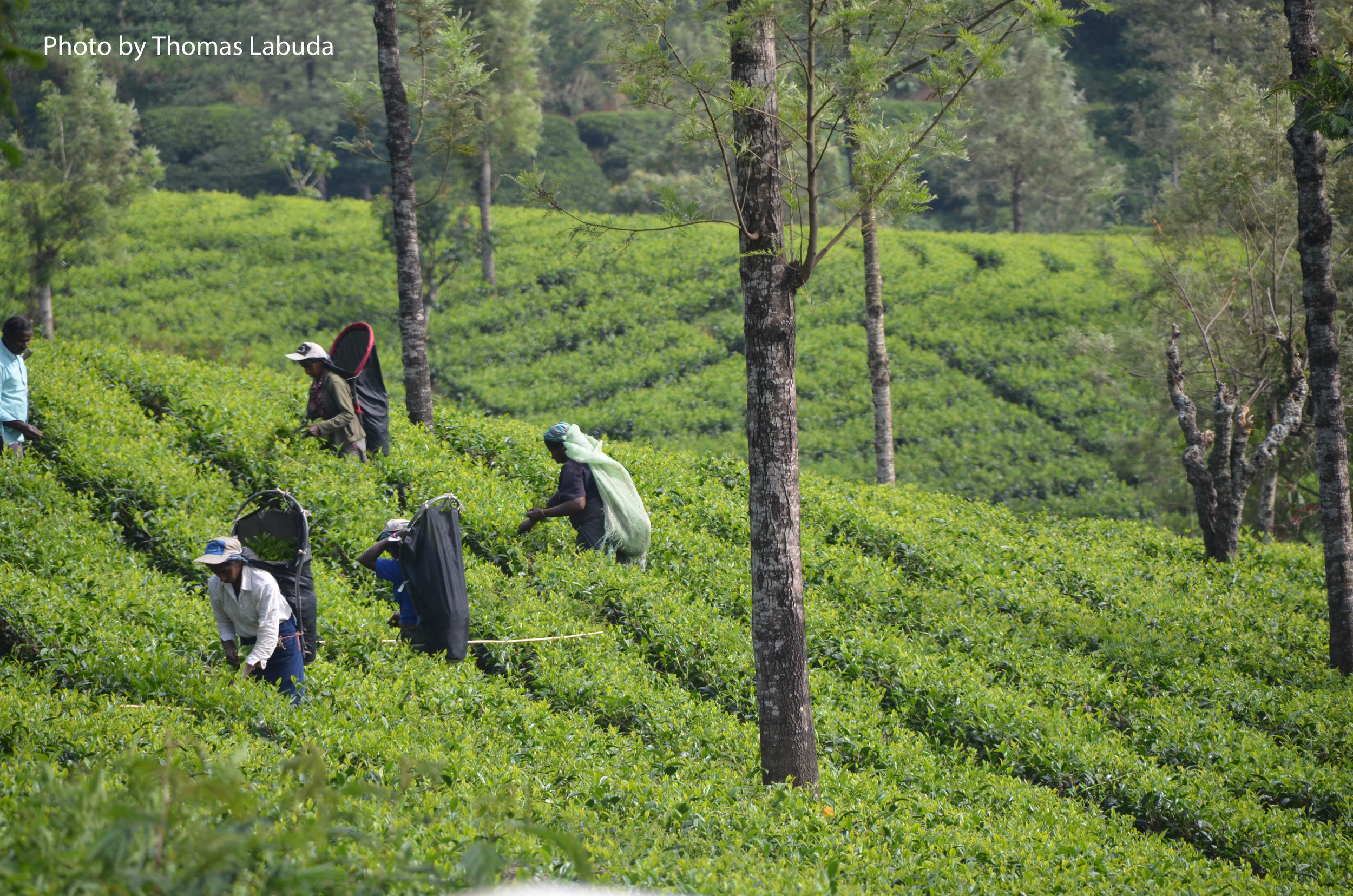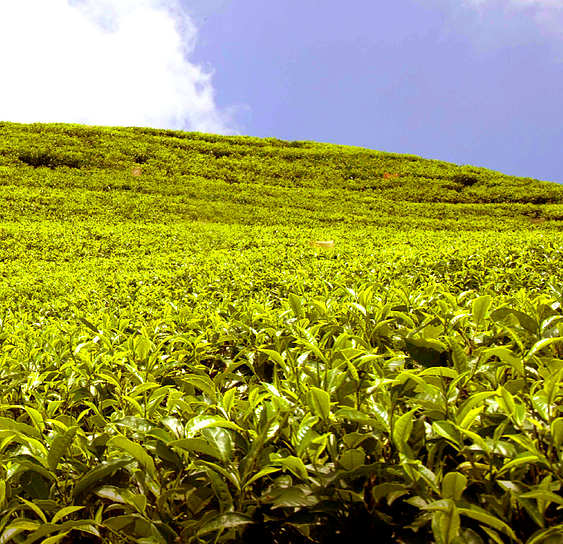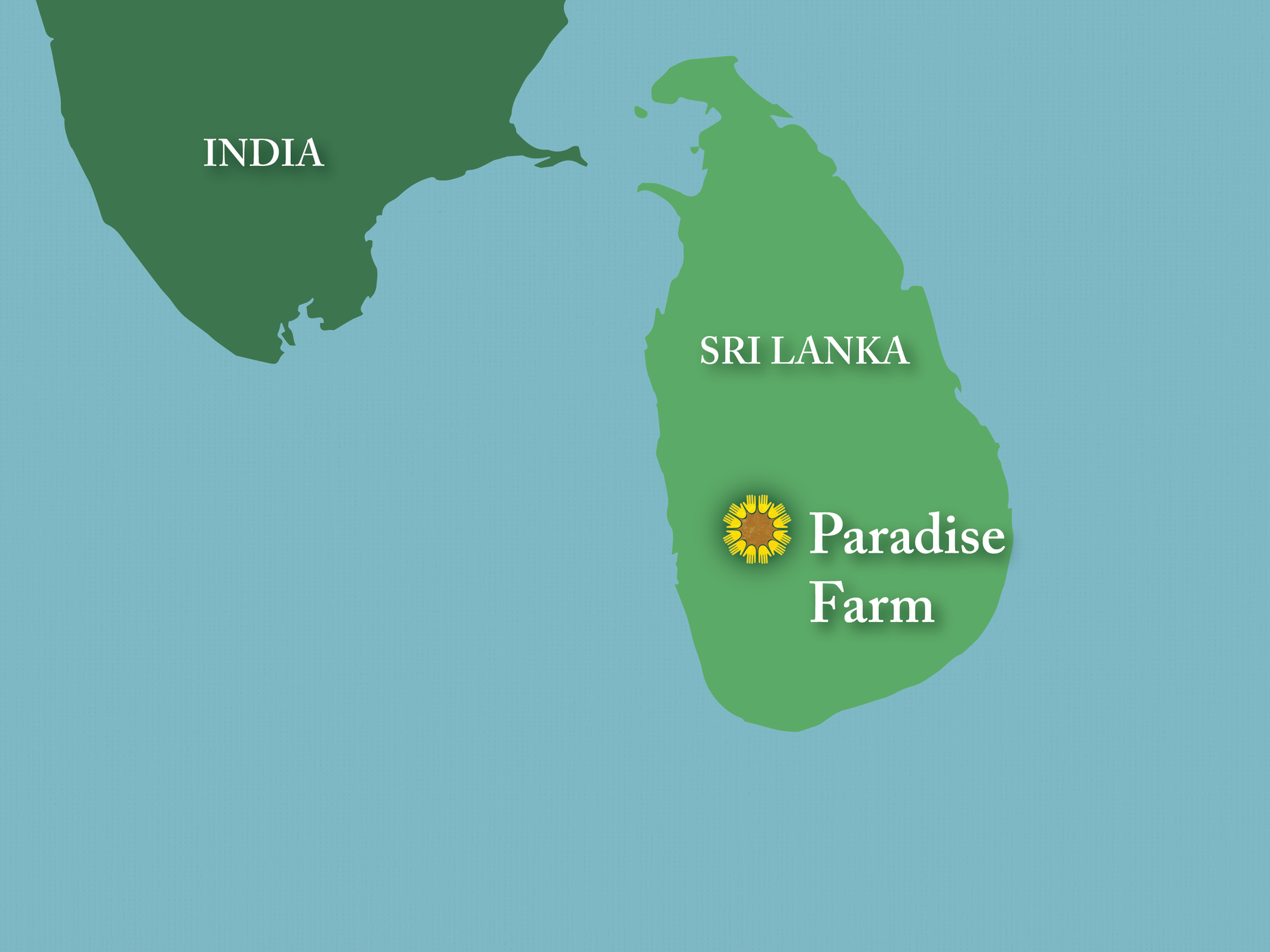Want to visit Paradise Farm? Our upcoming Rewards Program will let you earn a chance to win a trip to Sri Lanka!
Can Sustainable Agricultural Development Play a Role in Poverty Reduction?
Our answer is YES! SRINA® partnership with Paradise Farm was born out of the vision to sustain without harming the land, the environment and the people. With 10 homes built and a factory that employs a large population of the village, we are living and sharing our example of sustainability in an agricultural, economic, and social setting. We emphasize education by offering organic nutrition programs as well as job and management training for our team of, mostly women, farmers. Dr. John E. Ikerd, Extension Professor at the University of Missouri, offers his view of sustainability:
"A sustainable agriculture must be economically viable, socially responsible and ecologically sound. The economic, social and ecological are interrelated, and all are essential to sustainability. An agriculture that uses up or degrades its natural resource base, or pollutes the natural environment, eventually will lose its ability to produce. It's not sustainable. An agriculture that isn't profitable, at least over time, will not allow its farmers to stay in business. It's not sustainable. An agriculture that fails to meet the needs of society, as producers and citizens as well as consumers, will not be sustained by society. It's not sustainable. A sustainable agriculture must be all three - ecologically sound, economically viable and socially responsible. And the three must be in harmony."




